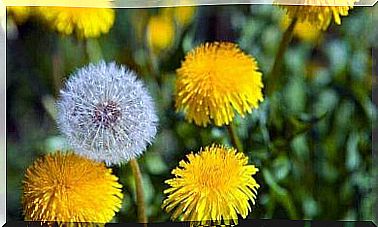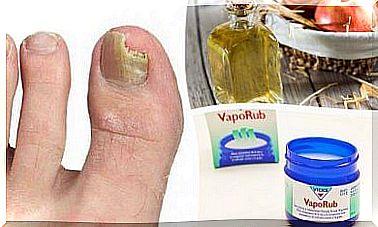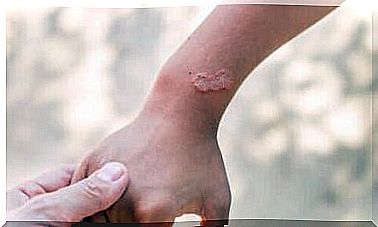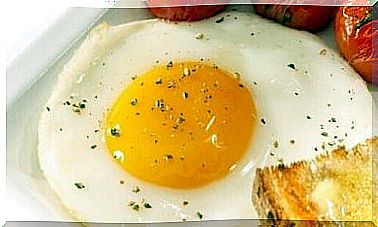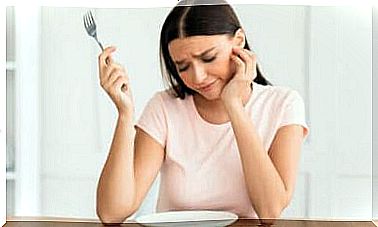Learn To Prevent The Formation Of Kidney Stones
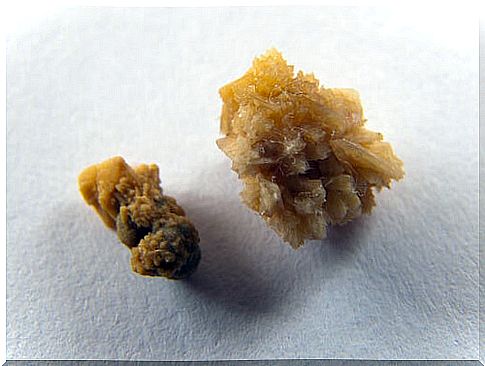
Kidney stones are pieces of solid material that form in response to high concentrations of certain substances in the urine. These substances are usually not a problem at lower levels. Learn in this article to prevent the formation of kidney stones.
The stones could end up in one of two places: they can either reside in the kidney or descend into the urinary tract.
Their size varies, changing their effect. If the stone is small, it can leave the body on its own, causing a little pain or even being painless.
If we are talking about a much larger stone, it can get stuck in the urinary tract and in this way it could start to obstruct the flow of urine. This undoubtedly causes heavy bleeding and is very painful.
What makes these stones form?
The appearance of these stones in the kidneys is mainly caused by certain high concentrations of calcium oxalate and phosphorus in the urine. Certain foods can cause kidney stones in some people.
How do I know if I have a higher risk of developing kidney stones?
You may be at a higher risk of developing kidney stones for any of these factors:
- have digestive problems
- if you often suffer from urinary tract infections
- family history of having problems with kidney stones
- if your urinary tract is blocked
- if you suffer from changes in the urine
- drink too little
- taking certain medications that are not beneficial for the kidneys
Recognizing the symptoms…
You could have kidney stones if you recognize any of the following symptoms:
- blood in the urine
- you feel a sharp and excruciating pain in the lower part of your abdomen (between your chest and hips) or in the back
- pain when urinating
If it is a large stone, you will feel strong pain. The pain may be accompanied by nausea and vomiting. If you have a small stone, it can pass without any problem and no symptoms may be present.
When will I know if it is urgent and should I see a doctor?
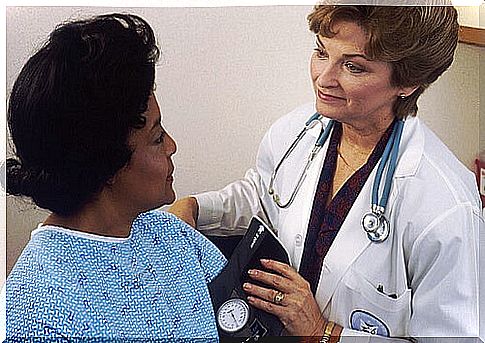
If you have any of these symptoms, it is important that you see a doctor quickly :
- frequent vomiting
- blood in the urine
- fever and chills
- pain in the lower abdomen or back that is frequent and does not go away
- urine that looks or smells bad or looks cloudy
- strong pain while urinating
How can I prevent kidney stones from forming?
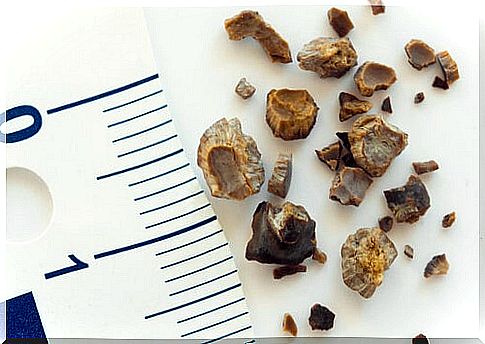
You can apply several methods that are effective for this process, such as:
- Learn what types of kidney stones there are so that if you ever get one and you can fight it properly. Consume foods that do not contain substances that affect your kidneys.
- Check your weight. People with a higher body mass and those who have larger waists tend to be at higher risk when it comes to developing these stones.
- Drink at least 8 glasses of water a day. This is very important. Drink even more when you exercise or when it’s hot. Orange juice can also be effective as it contains citrate, which crystallizes calcium and oxalic acids, minimizing the risk of kidney stone formation.
- Reduce the consumption of animal proteins, such as fish, eggs and meat. You can eat a dose of 600 grams per day. These foods consist of natural substances that decompose or metabolize into uric acid (such as purines).
- Minimize sodium (salt) intake. Don’t eliminate it completely, but try to use it as little as possible where possible.
- Eat foods that contain a good amount of potassium, such as fruits and vegetables.
- Be very careful about taking multivitamin supplements that contain calcium or oxalates.
- Consume dairy products that are low in fat.
- In general, people over the age of 40 are more prone to suffering from kidney stones.
- Ask your family about their experience with kidney stones, they may have had them or have never dealt with them.
- Professional help. Visit a urologist at least once a year.
Pay attention
The progression of kidney stones depends on you whether they decrease in size or even never occur. However, if you recognize symptoms that are not good, don’t forget to ask a doctor for help.
If you’re not careful, the situation could get worse. Start by monitoring your diet; do not forget this step.


